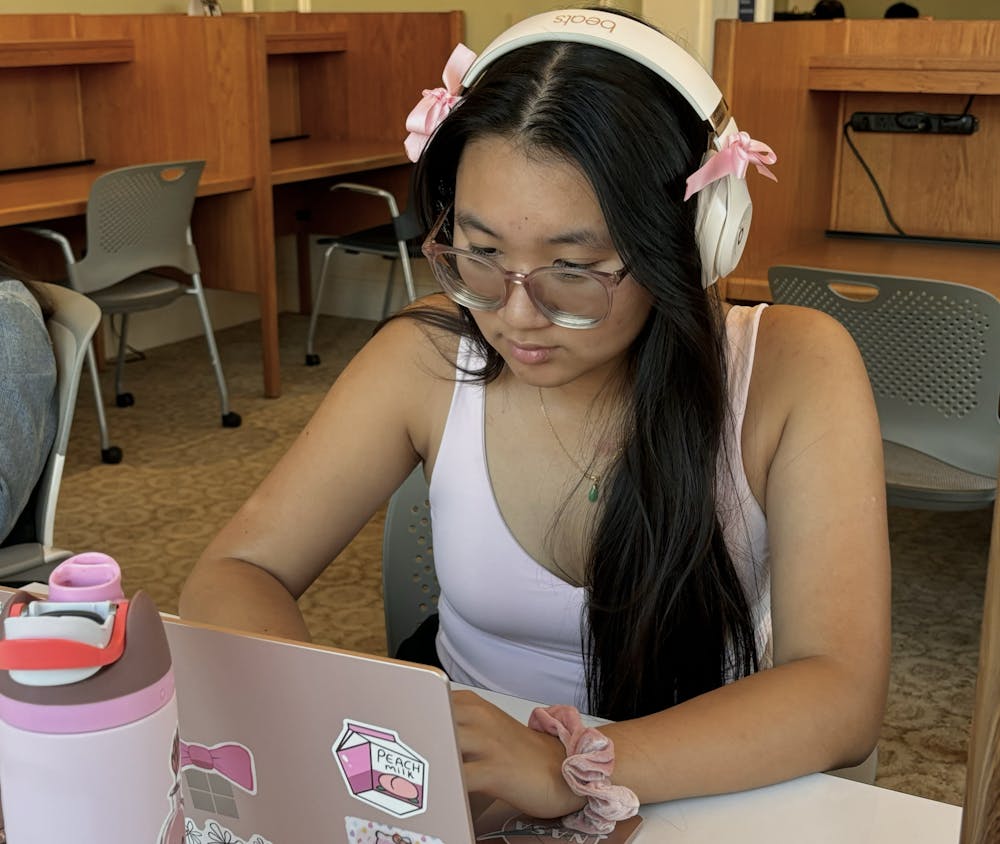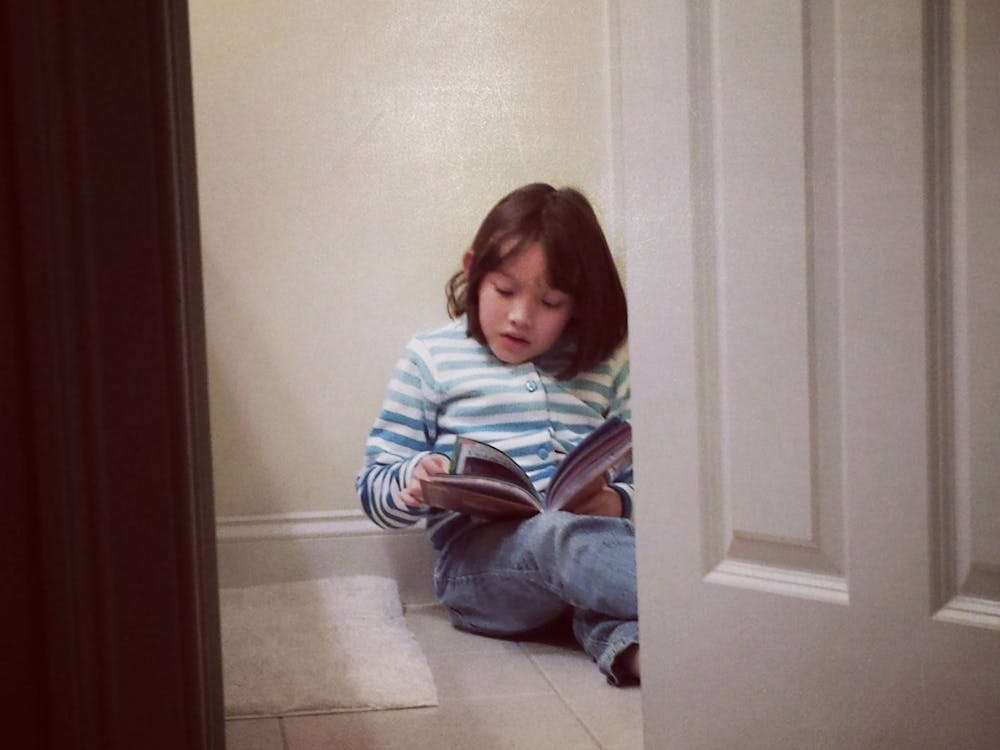
First Year Seminars (FYS) seem to be one of the most defining features of the “Hopkins First-Year Experience.” From uncovering the secrets of “Why We Science?” to snacking in “The Literature of Food,” there seems to be an endless supply of knowledge ready to be unveiled by the next unsuspecting freshmen.
I remember my fingers trailing on the trackpad on the day of course registration as I scrolled across pages and pages of distinctive courses. I attempted to imagine myself finding my place in each class. I could see myself juggling between “Illusions, Delusions, and Other Confusions,” I could envision chattering away about my love for literature in “How We Read” and I could picture the heated debates when it came to “The Power of Speech: Law, Politics, and the Humanities.” However, just as I started to read the name of the next course — with the sudden appearance of certain bolded words — I felt my breath shorten and my shoulders quiver. Cold sweat began to run down my face as my eyes blurred. Confronted by one of my greatest horrors, I nearly shoved my laptop to the floor as I read: “How Not to Be Afraid of Poetry.”
As a devoted fiction writer, I find the notion of poetry to be utterly unnerving. My hands shake whenever I pick up a pen as I ask myself: How can meters manipulate emotions? When am I allowed to bend the rules of grammatical conventions? Why would I sacrifice my endless lines of prose for phrases with precise meaning? Each question feels like a challenge that looms larger than my creative ambitions.
Imagine my relief when I found out that the FYS conflicted directly with every section for “Introduction to Chemistry.” Unfortunately, my hopes of escaping poetic jargon were utterly dashed when I realized that I was faced with another vessel of bottomless dread: “Introduction to Fiction and Poetry.”
Now that Halloween has passed yet the spooky spirits linger in the air, it seems fitting that this class has transitioned from covering fiction to teeth-chattering poetry. Fear captivated my heart and I shivered with every mention of stanzas. However, my feelings of apprehension would soon turn to confident pen strokes.
Poetry was terrifying because of its demand for creativity. The laws ingrained in my head of literary conventions had to be scattered when I attempted to command emotions from limited words. Extracting in-depth feelings from bare lines was nearly impossible. The world of poetry appears to be a realm filled with unspoken rules and hidden meanings, where every syllable counts and every pause has weight. In itself, an em dash was a tightrope walk between intention and interpretation.
I dreaded the blank pages that mocked me, challenging me to fill its emptiness with something meaningful. Nevertheless, with every passing class, I began to see poetry not as an insurmountable obstacle but as an exploration of language and emotion.
As I experiment with both personal and academic poetry, I find myself becoming more accustomed to poetic techniques. I learned that poetry was considered an artistic medium used for the sake of story-telling and connection, not of vanity. I found that the very act of voicing verses allowed me to confront anxieties.
The workshops, once intimidating, transformed into collaborative spaces with welcomed vulnerability. I learned that poetry could be both playful and profound, a realm where I could express introspections that prose may fail to capture. With the class’s guidance, I am steadily discovering how rhythm could amplify meaning and evoke feelings, pushing me to experiment with sounds and images in ways I had never imagined.
Ultimately, this journey through the world of poetry has shown me that fear is often a precursor to growth. My love for fiction does not hinder my ability to create poetry. Now, I view poetry as a challenge to dig deeper, to find the beauty in brevity and to illuminate what defines humanity. I’ve realized that I can transform this crippling fear into ammunition. Poetry is not a destination but a tool that empowers artists to explore emotional depths, challenge societal norms and give voice to the unspoken truths. As a student, I am learning to embrace the transformative power of words, using them to craft not just lines on a page, but also to bridge gaps between myself and the world around me.
Kaylee Nguyen is a freshman from Pensacola, Fla. studying Molecular & Cellular Biology and Writing Seminars. Her column tackles how creativity connects with identity as she hopes to connect with others through shared experiences and the universal love for learning.





